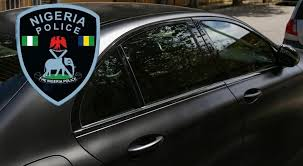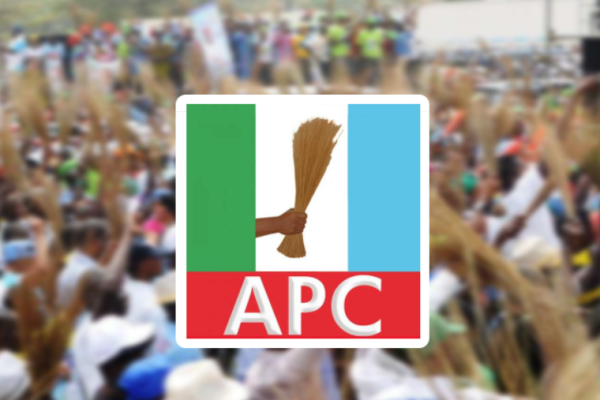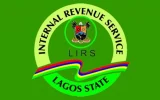Former Deputy Senate President Ike Ekweremadu testified before Justice Inyang Ekwo of a Federal High Court in Abuja on Thursday, claiming that the Economic and Financial Crimes Commission was to blame for his ordeal in the London Court, where he had been detained on suspicion of organ harvest.
The senator who was arrested in London on organ harvesting charges said in court that the EFCC had sent a letter to the London court urging them not to grant him bail.
Ekweremadu made these claims in an application he filed with a Nigerian court, asking it to reverse a previous ruling that had been issued in favor of the Federal Government, ordering the confiscation of 40 of his assets both inside and outside Nigeria.
Chief Adegboyega Awomolo (SAN), who represented the ex-Deputy Senate President in the case, argued that the Federal Government was improperly awarded the forfeiture order because the EFCC withheld material information and facts related to the assets.
The arrested senator claimed that the EFCC had improperly acquired the government’s forfeiture order by failing to disclose that the inquiry into the 40 properties had begun as early as 2008.
He claimed, among other things, that the EFCC knew he was being held in London at the time the forfeiture action was submitted and contested.
He alleged that the anti-corruption agency had knowingly withheld information from the court about his whereabouts in London imprisonment so that he could not challenge the forfeiture application.
Therefore, Ekweremadu asked the court to reverse the forfeiture ruling and halt further action in the case until he finishes his case in London.
Silvanus Tahir (SAN), counsel to the EFCC, has refuted claims that the EFCC is responsible for Ekweremadu’s experience.
While he did acknowledge that the EFCC had contacted the London Court in response to a specific request, he insisted that it was standard practice for anti-graft organizations to provide relevant information.
Tahir did not object to Ekweremadu’s request for a stay of proceedings until the outcome of his case in the London Court, but he strongly contested Ekweremadu’s motion to vacate the forfeiture order.
Justice Ekwo, after hearing both sides’ arguments, has set the date for his judgment in this case to January 25, 2019.
On Friday, November 4th, the court had ordered the temporary seizure of forty parcels of land associated with Ekweremadu. These properties were located in various locations across the United States and abroad.
This ruling was made by Justice Ekwo after EFCC’s attorney, Ibrahim Buba, filed and moved an ex -parte application.
The judge agreed and gave the EFCC seven days to publish the interim forfeiture judgment in a national newspaper.
Within 14 days following the publication of the interim forfeiture order, he instructed anybody with a stake in the forfeited property to provide reasons why it should not be permanently forfeited to the Federal Government.
Ten homes in Enugu were impacted, as were three in the United States, two in the United Kingdom, one in Lagos, nine in Dubai, United Arab Emirates, and fifteen in the Federal Capital Territory.














